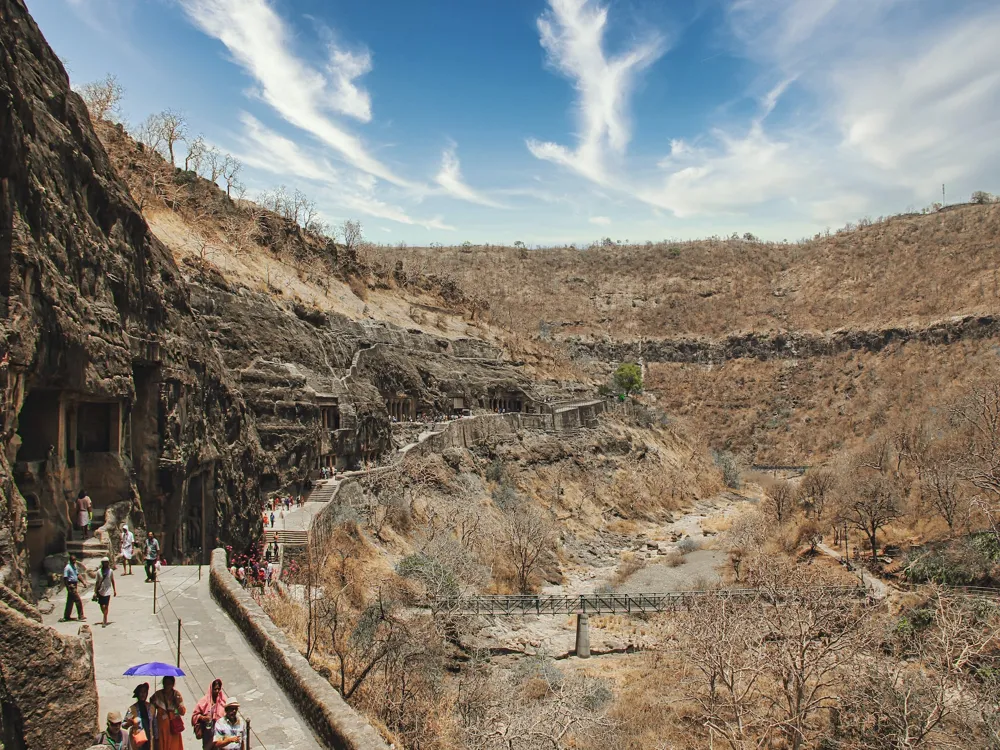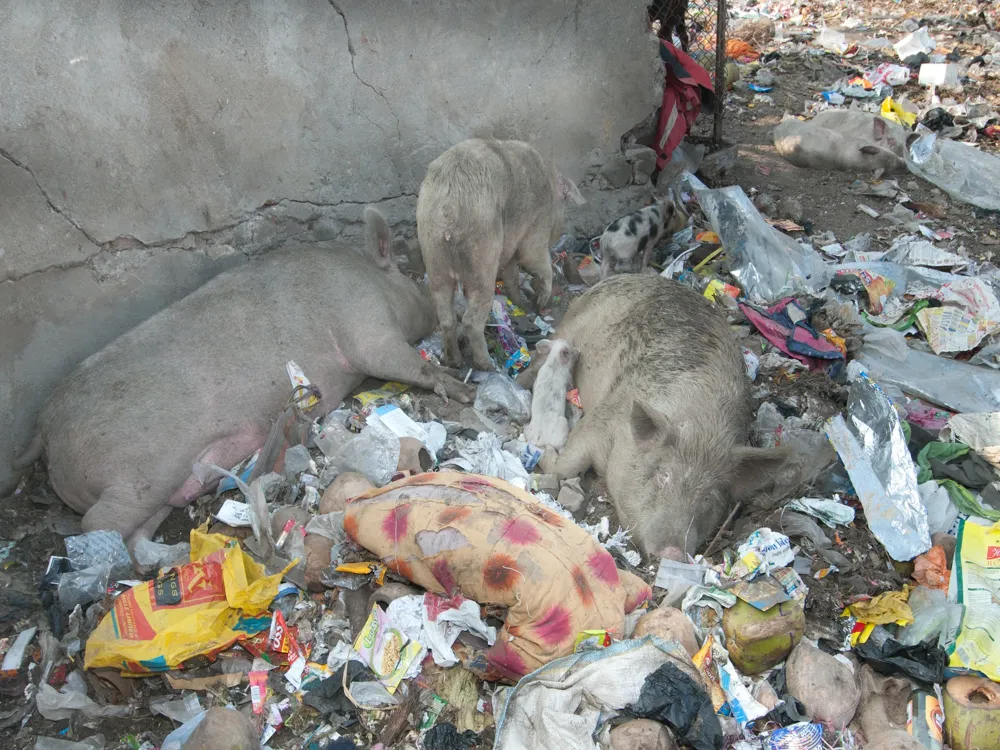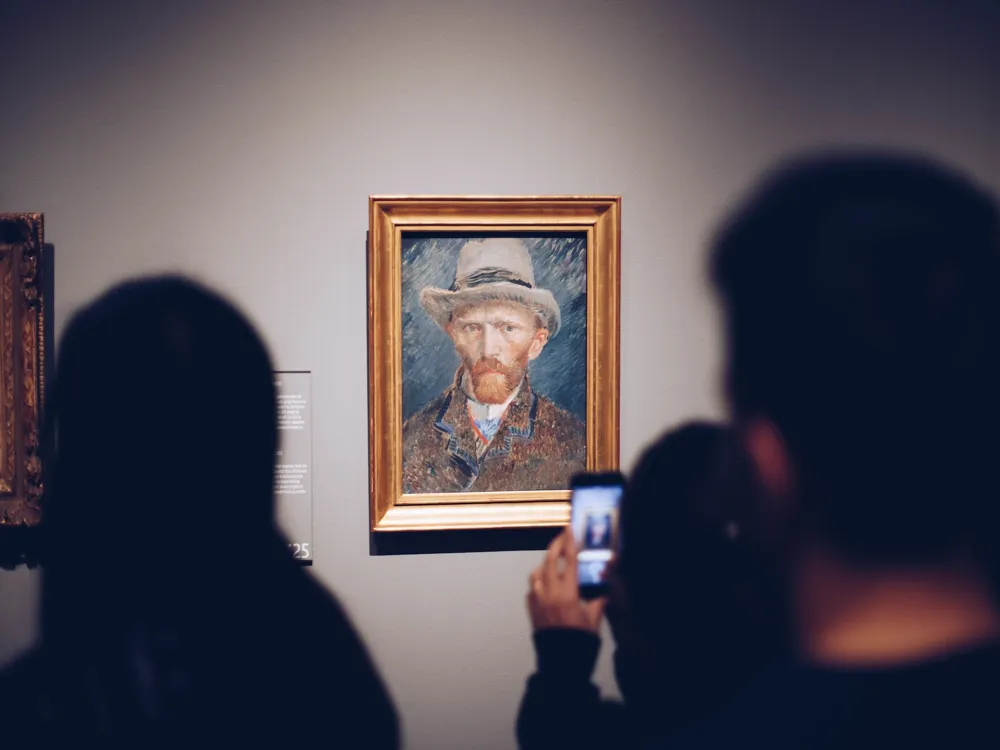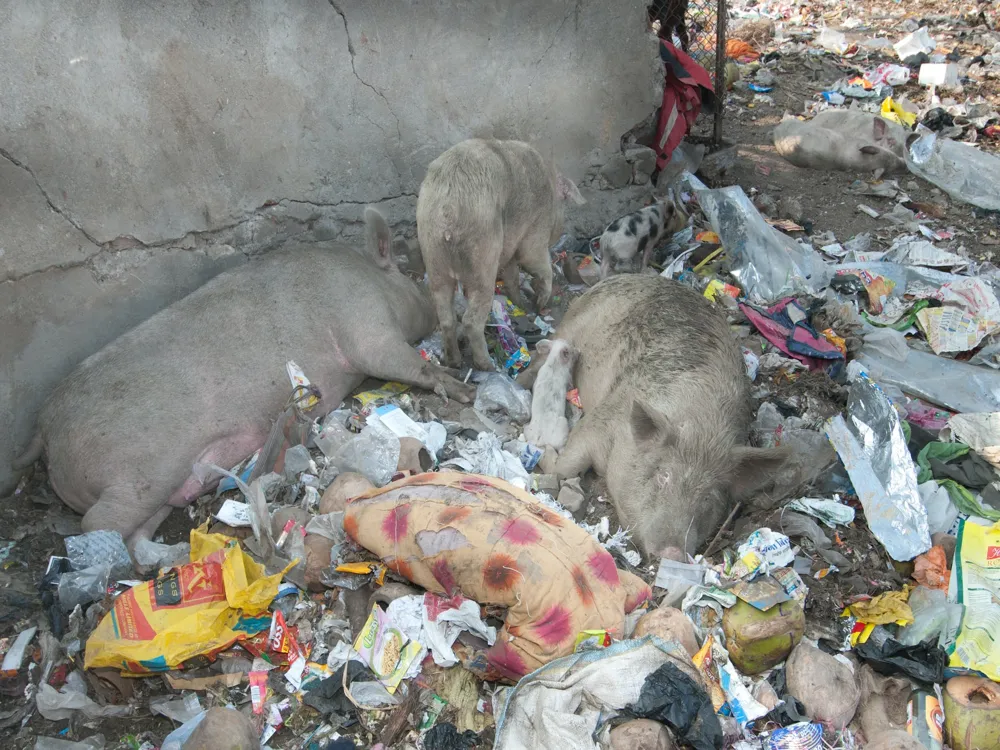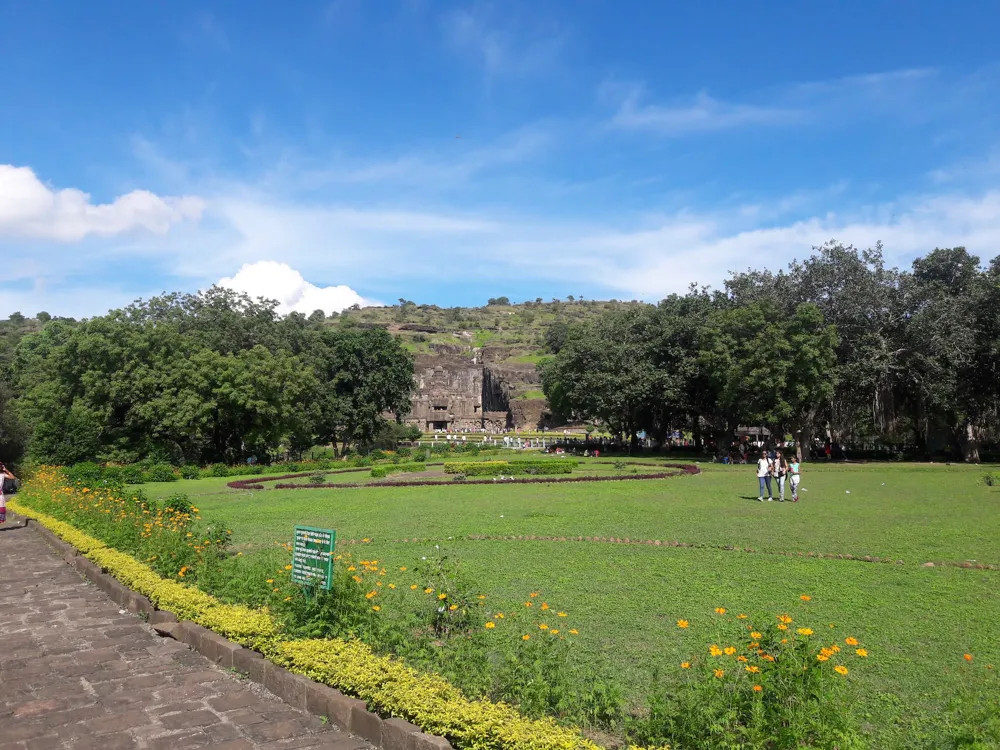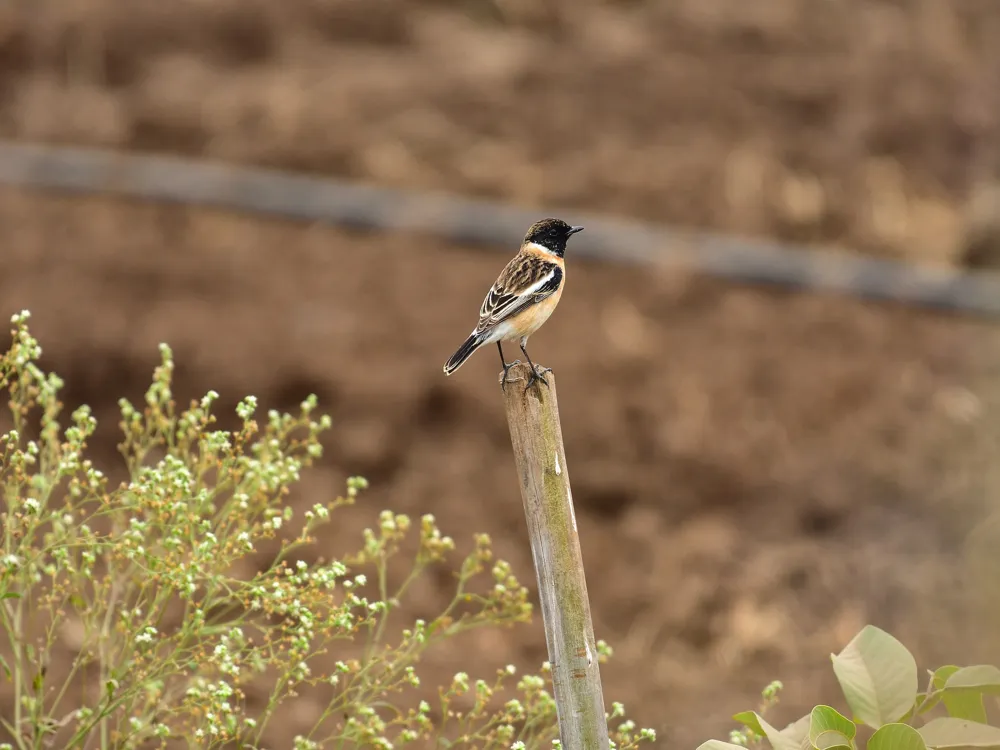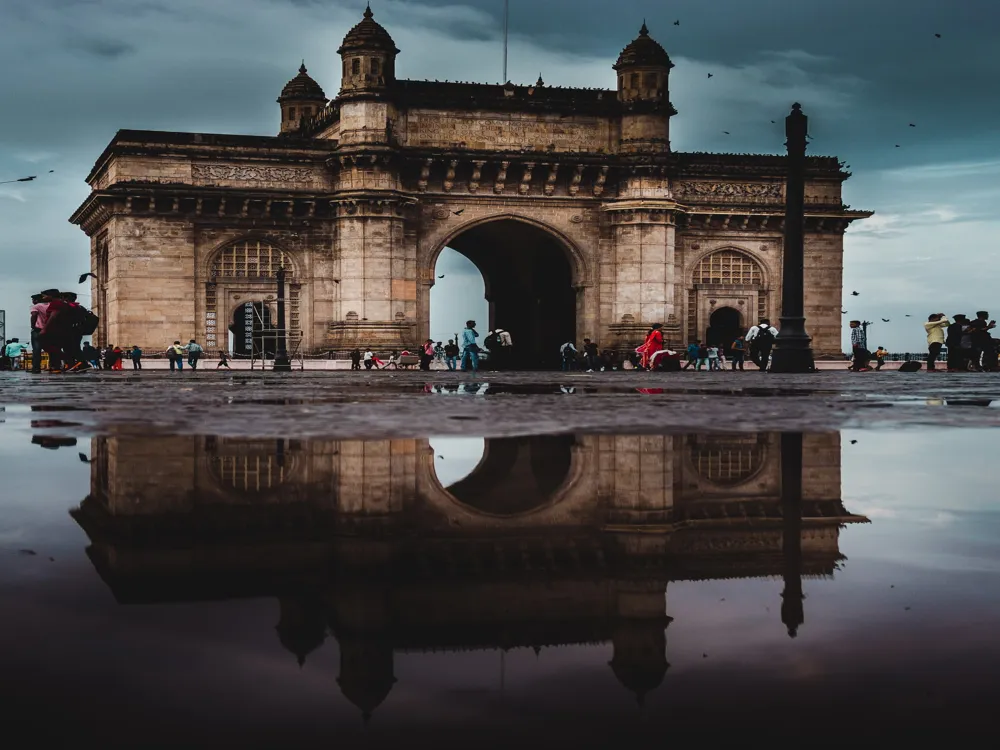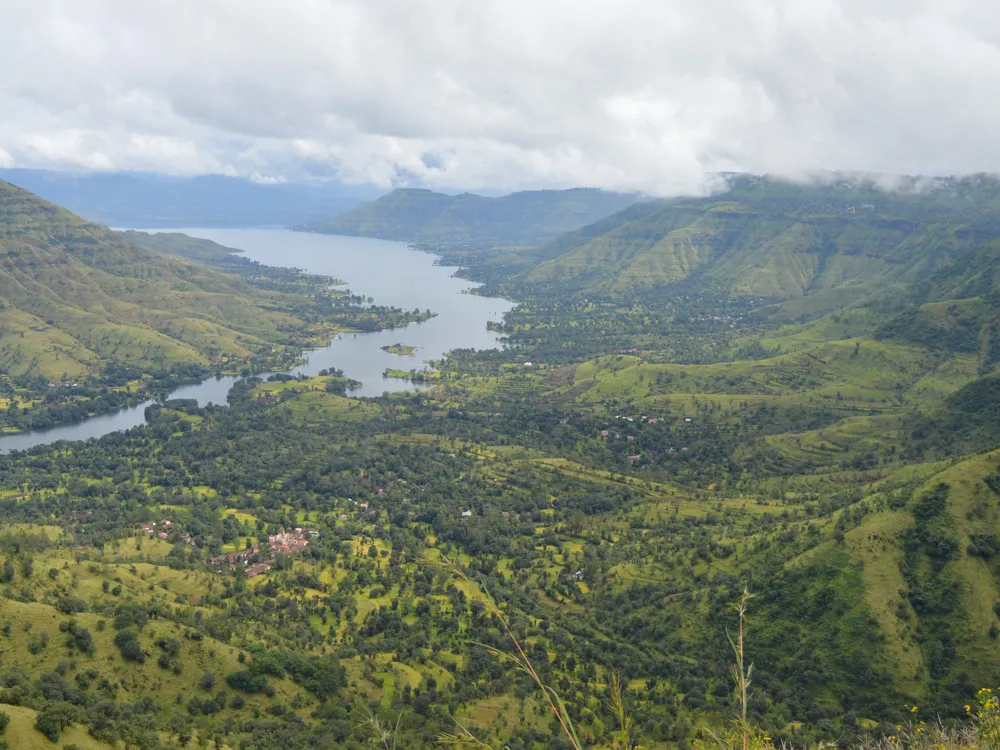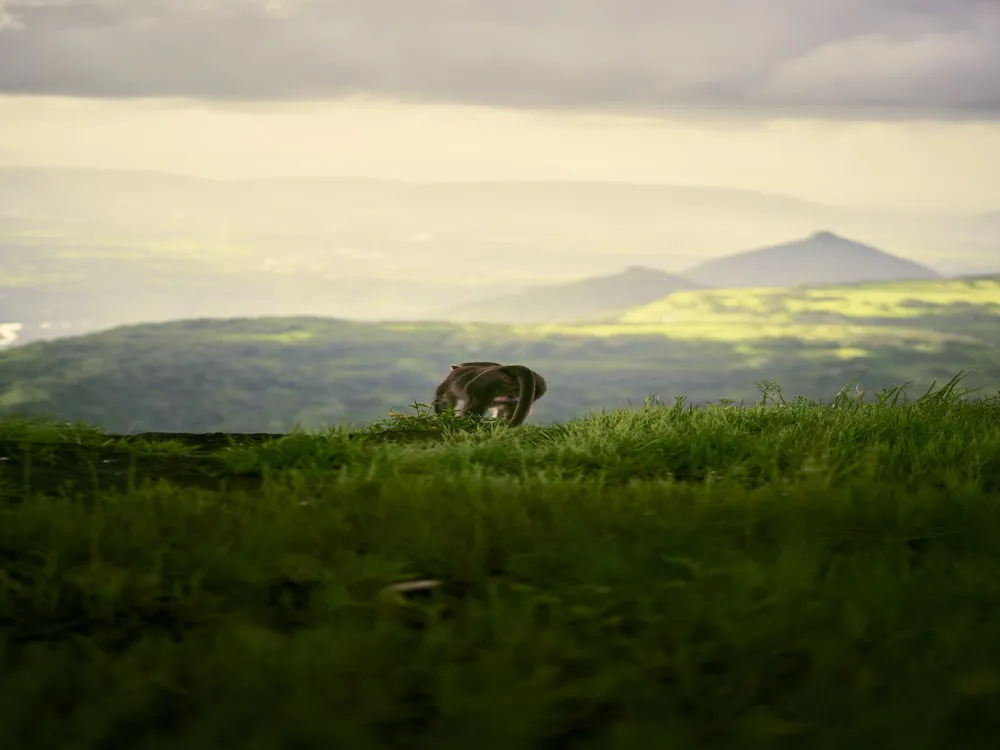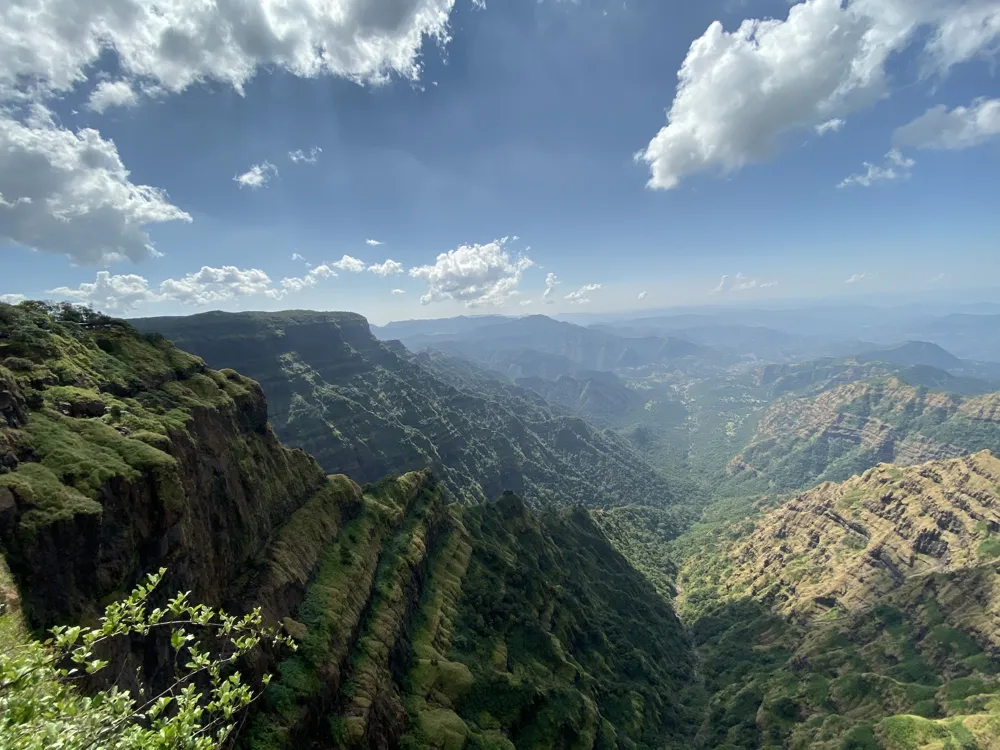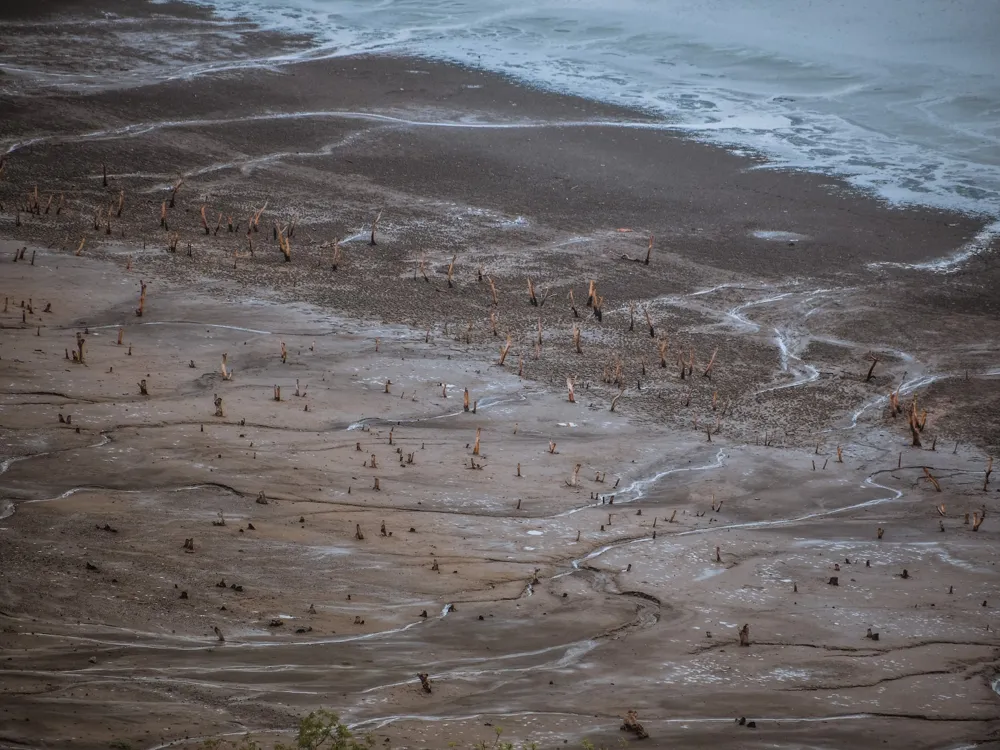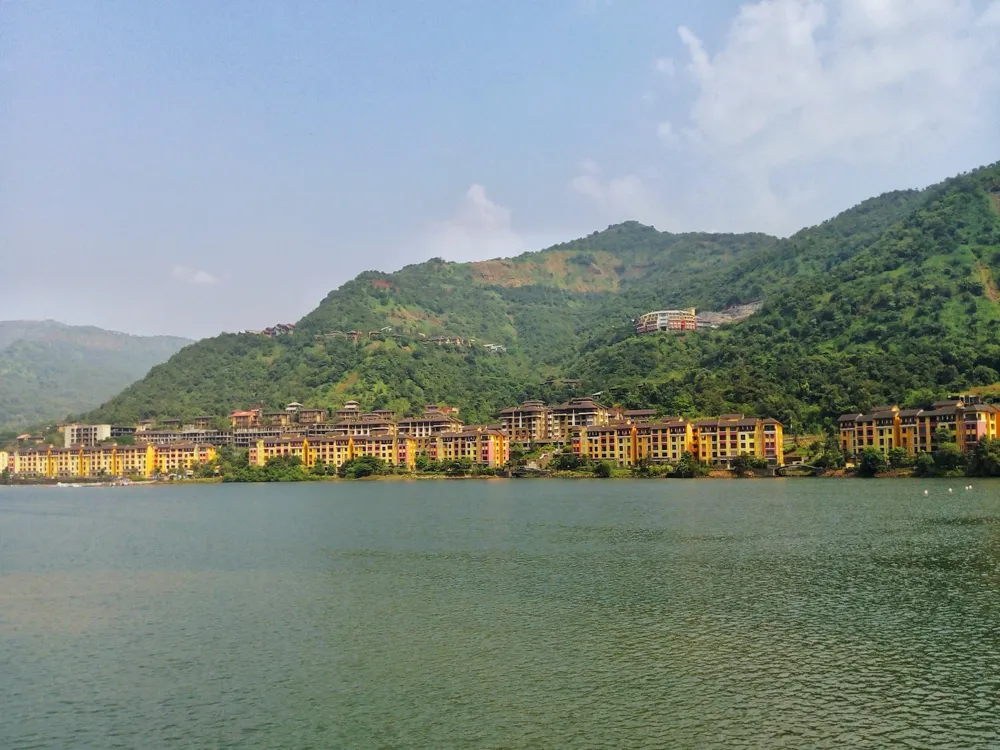The Aurangabad Caves, a magnificent cluster of rock-cut Buddhist cave temples, are nestled amidst the hills of Maharashtra, India. These caves, dating back to the 6th and 7th centuries, offer a profound glimpse into ancient Indian art and architecture. The twelve caves, primarily Buddhist, exhibit influences from Hindu and Jain religions, showcasing the pluralistic nature of ancient Indian society. These caves are divided into three separate groups, each with distinctive features. The most notable is Cave 7, which showcases some of the most intricate and exquisite sculptures. This cave is renowned for its iconic sculpture of the 'Bodhisattva' and the 'Sutasoma Jataka'. Another striking feature is the depiction of women in various poses, known as 'Matrika', in Cave 2, revealing the artistic prowess of the era. As you explore further, the caves unfold the stories of Buddhism, with visuals of Buddha in various forms and postures. The architectural brilliance is evident in the detailed carvings, sculptures, and the unique style of cave architecture that blends Buddhist and Hindu artistic traditions. Spanning over 1500 years of history, the Aurangabad Caves are not just an archaeological treasure but also a beacon of India's rich cultural and religious heritage. Their preservation and study offer invaluable insights into ancient Indian society, religion, and art. The architecture of the Aurangabad Caves is a testament to the ingenuity and skill of ancient Indian artisans. The caves, hewn out of solid basalt rock, display a variety of architectural styles, reflecting the evolution of Buddhist art and architecture over centuries. Cave 1, for instance, is a vihara (monastery), with a central hall flanked by monks' cells, showcasing the typical architectural style of early Buddhist monastic settlements. The prayer hall with its intricately carved facade and sculptures embodies the essence of Buddhist devotional practices. The most remarkable feature of these caves is the range of sculptures and carvings. The iconography includes depictions of the Buddha, bodhisattvas, Jataka tales, and various Hindu deities, indicating a confluence of religious beliefs. The sculptures are not just religious symbols but also reflect the social and cultural life of the period. The use of light and shadow in the caves is another architectural marvel. The strategic placement of windows and doors ensures that sunlight illuminates the principal sculptures, creating an ethereal atmosphere that enhances the spiritual experience. The Aurangabad Caves, thus, represent a unique blend of art, religion, and architecture, reflecting the diverse ethos of ancient India. The ideal time to visit the Aurangabad Caves is between November and February when the weather is pleasant. Monsoon season, though scenic, can make the caves slippery and difficult to navigate. Visitors are advised to wear comfortable clothing and sturdy footwear, as exploring the caves involves a considerable amount of walking and climbing. Photography is allowed, but it's advisable to check for any restrictions in certain areas. Using flash photography near the ancient paintings and carvings is discouraged to prevent damage. Opting for a guided tour can enhance your experience, as knowledgeable guides provide valuable insights into the history and architecture of the caves. Carrying water is essential, as exploring the caves can be tiring, and there are limited facilities for food and water nearby. The Aurangabad Caves are well-connected by road, rail, and air. The nearest airport is Aurangabad Airport, from where you can hire a taxi or take a bus to reach the caves. Aurangabad railway station is well-linked with major cities in India, and regular bus services are available from various parts of Maharashtra. For those driving, the caves are situated about 5 kilometers from the city center, and there are clear signboards guiding visitors to the location. READ MORE:Overview of Aurangabad Caves, Maharashtra
Architecture of Aurangabad Caves
Tips When Visiting Aurangabad Caves
Best Time to Visit
Appropriate Attire
Photography
Guided Tours
Stay Hydrated
How To Reach Aurangabad Caves
Aurangabad Caves
Aurangabad
Maharashtra Goa
NaN onwards
View aurangabad Packages
Weather :
Label : Must Visit
Tags : Cave
Timings : 9:00 AM - 5:00 PM
Time Required : 3-4 hrs
Entry Fee : Indian Tourists: INR 10,
Foreign Tourists: INR 100
Planning a Trip? Ask Your Question
Aurangabad Travel Packages
View All Packages For Aurangabad
Top Hotel Collections for Aurangabad

Private Pool

Luxury Hotels

5-Star Hotels

Pet Friendly
Top Hotels Near Aurangabad
Other Top Ranking Places In Aurangabad
View All Places To Visit In aurangabad
View aurangabad Packages
Weather :
Label : Must Visit
Tags : Cave
Timings : 9:00 AM - 5:00 PM
Time Required : 3-4 hrs
Entry Fee : Indian Tourists: INR 10,
Foreign Tourists: INR 100
Planning a Trip? Ask Your Question
Aurangabad Travel Packages
View All Packages For Aurangabad
Top Hotel Collections for Aurangabad

Private Pool

Luxury Hotels

5-Star Hotels

Pet Friendly





